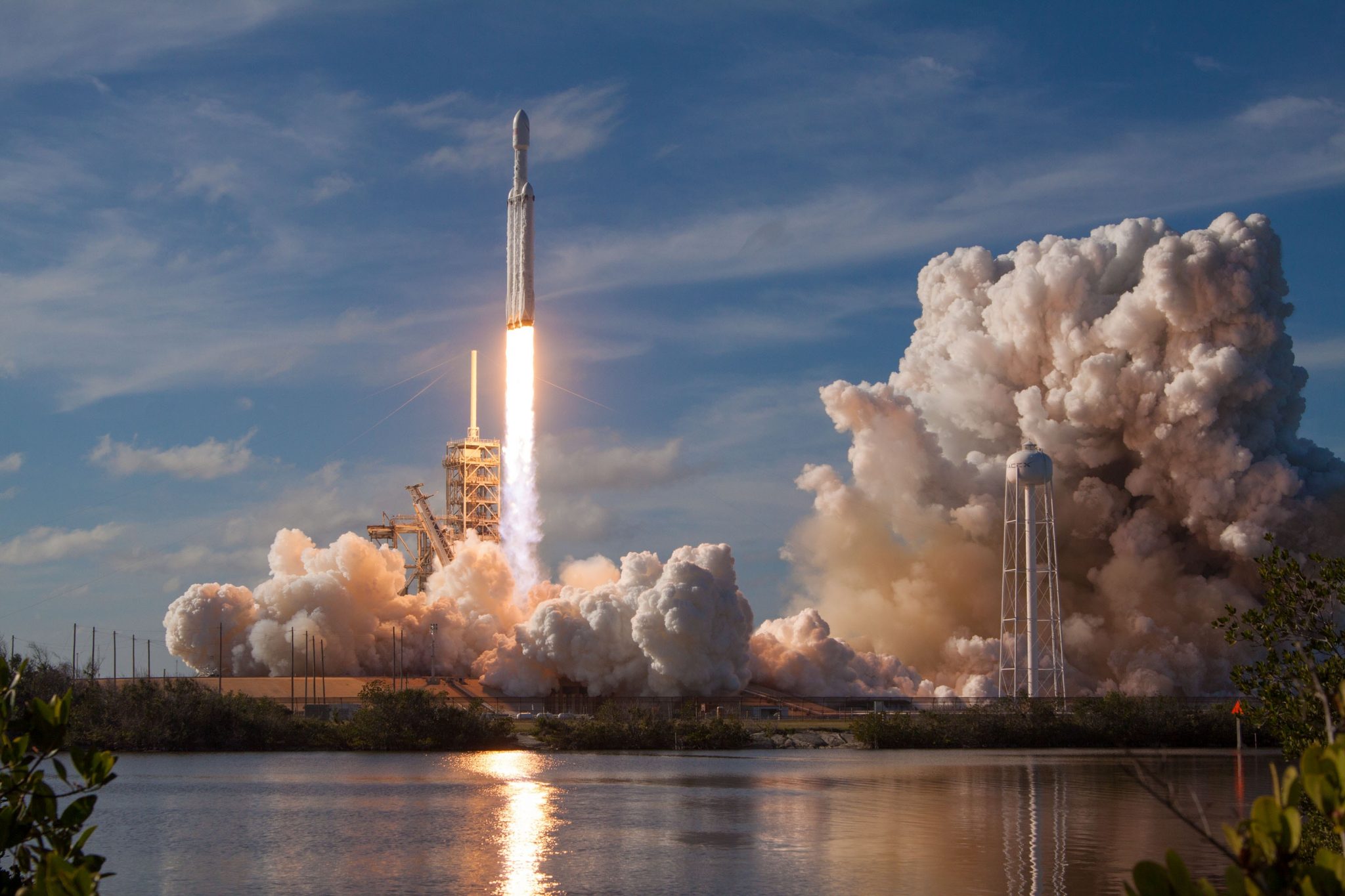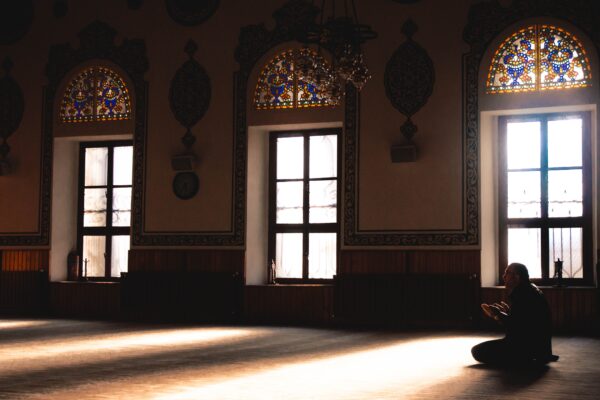Over the last 40 years, there have been reports of visual acuity impairments associated with spaceflight through testing and anecdotal reports.
Over the last 40 years, there have been reports of visual acuity impairments associated with spaceflight through testing and anecdotal reports.
Over the last 40 years, there have been reports of visual acuity impairments associated with spaceflight through testing and anecdotal reports.
A Science Alert article on this subject elaborates:
A mysterious syndrome has been impairing astronauts’ vision on the International Space Station, causing un-treatable nearsightedness that lingers for months even after they’ve returned to Earth. The problem is so bad that two-thirds of astronauts report having deteriorated eyesight after spending time in orbit. Now scientists say they finally have some answers – and it’s not looking good for our prospects of getting to Mars. “Nobody’s gone two years with exposure to this, and the concern is that we’d have loss of vision,” Dorit Donoviel from the US National Space Biomedical Research Institute told The Guardian. “That is catastrophic for an astronaut.”
Earlier this year, NASA reported that something in space has been messing with its astronauts’ perfect eyesight, causing long-term impairment to their quality of vision. Astronaut Scott Kelly, whose exceptional vision was part of the reason he was selected to be America’s first astronaut to spend a full year in space, says he’s been forced to wear reading glasses since coming home. John Phillips, who spent time on the International Space Station (ISS) in 2005, brought his sudden bouts of blurry vision home with him, and during his post-flight physical, NASA confirmed that his vision had gone from 20/20 to 20/100 in just six months. NASA suspected that the condition – called visual impairment inter cranial pressure syndrome, or VIIP – was caused by the lack of gravity in space.

Most astronauts feel dizziness and nausea in the first few days in space but blurred vision seems to be more lasting.
But 1400 years ago the Quran said that if Allah opens a wormhole for you in space you will think your vision is intoxicated:
“They do not believe the Message, like those who preceded them; Even if We [Allah] opened upon them from the heaven a door and they continued passing through it they would say ‘Our sight is bedazzled (سُكِّرَتْ ), rather we have been bewitched‘.
Holy Quran [15:13-15]
Sukkirat in Arabic “سُكِّرَتْ ” means gotten drunk. In space, you experience visual impairments. Today. we know that astronauts experience vision impairments.
How could an illiterate man who lived 1400 years ago have known about the effects of micro-gravity on vision?
To read the original article, click here.





